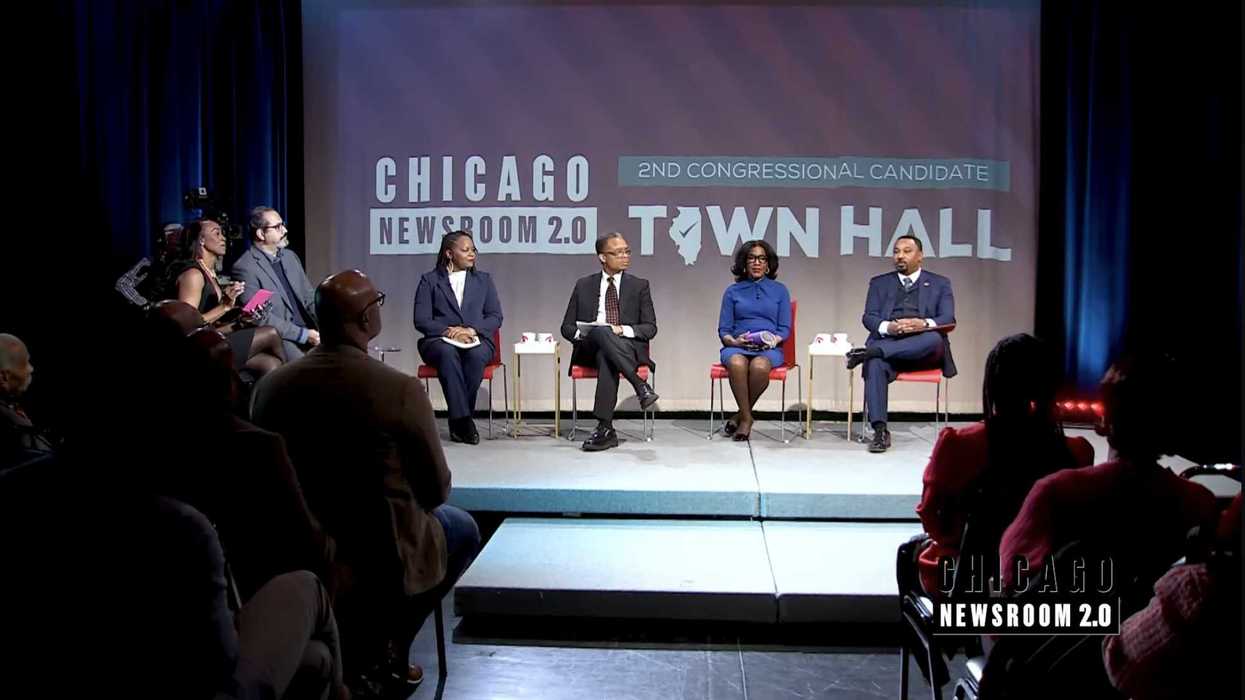Ranked-choice voting requires a candidate to receive a majority of ranked, tabulated votes to win. Two states have enacted ranked-choice voting for state elections, and 32 jurisdictions in 15 states have approved at least some use of ranked-choice voting.
Ballotpedia shows how this voting system works.






















